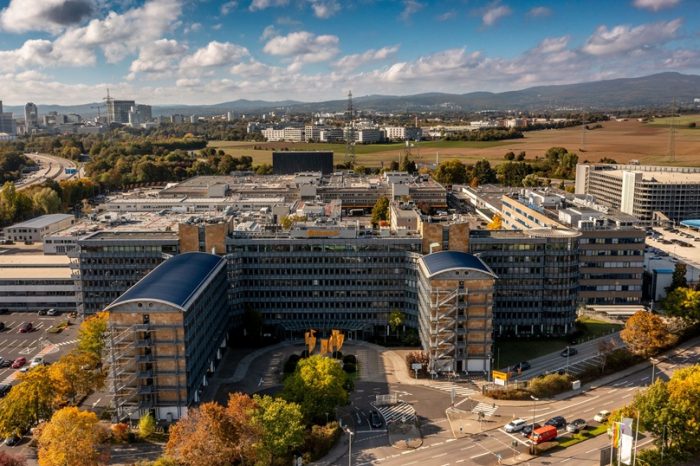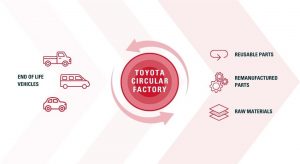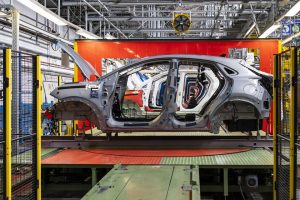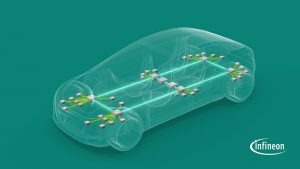Bosch says AIoT, electrification, and green hydrogen are the way forward

Bosch, the supplier of technology and services, is combining the internet of things (IoT) with artificial intelligence (AI) and believes electromobility will allow it to develop new business opportunities on the back of the profound technological and ecological changes currently occurring.
“Bosch came through the first year of the coronavirus pandemic well,” said Volkmar Denner, the chairman of the board of management of Robert Bosch GmbH, at the press conference to present the company’s 2020 annual report. “We are one of the winners in the transition to electromobility, and we are significantly expanding our software business by tying in artificial intelligence.”
In powertrain technology, electromobility is establishing itself as Bosch’s core business. Denner reported that the company is making heavy upfront investments in this area – a further 700 million euros this year alone. Up to now, its upfront investments in electromobility total five billion euros. Currently, Bosch sales revenue from electrical powertrain components is growing twice as fast as the market, at almost 40 percent. The aim is to increase annual sales fivefold to a total of some five billion euros by 2025 and to break even one year earlier. “Electromobility has long since ceased to be a bet on the future. Our upfront investments are now beginning to pay off,” the Bosch CEO said at an online press conference. Overall, Bosch had acquired orders worth over 20 billion euros by the end of 2020.
In the first three months of this year, Bosch Group sales climbed 17.0 percent year on year. “With a good first quarter, Bosch has made a successful start to 2021,” said Stefan Asenkerschbaumer, the CFO and deputy chairman of the Bosch board of management. He expressed confidence for 2021 but expects it to be another challenging year. For the current reporting period, sales are expected to increase roughly 6 percent year on year, while the margin from operations is set to improve slightly to around 3 percent – or around 4 percent without restructuring costs. However, this depends on the effects of the semiconductor bottlenecks, which are difficult to assess. “The year 2021 will be an important milestone on our path to regaining our target margin of around 7 percent in the next two to three years,” Asenkerschbaumer said. The encouraging 2020 business year – despite the pandemic – with an operating result (EBIT from operations, adjusted for the effects of purchase-price allocations for Automotive Steering and BSH Hausgeräte) of 2.0 billion euros provides Bosch with a sound footing on which to continue to invest in areas of future importance. With sales amounting to 71.5 billion euros, research and development spending remained essentially unchanged at 5.9 billion euros, and EBIT margin from operations reached 2.8 percent. Adjusted for restructuring expenses, which additionally burdened result in 2020, the figure was 4.7 percent.



















